Access Now defends and extends the digital rights of users at risk around the world. By combining innovative policy, global advocacy, and direct technical support, it fights for open and secure communications for all. Access Now is a supporter of APC's African School on Internet Governance (AfriSIG).
93 results

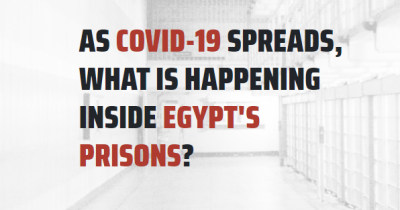
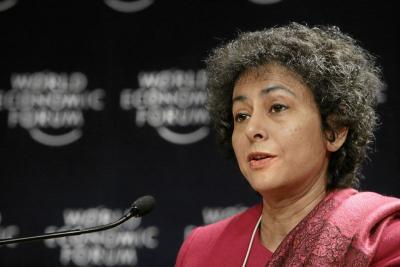
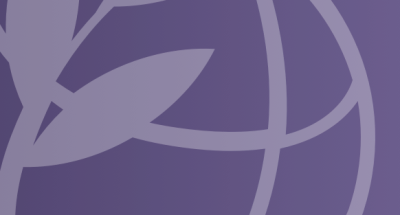
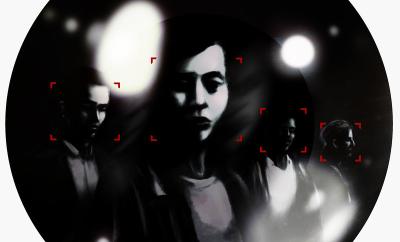
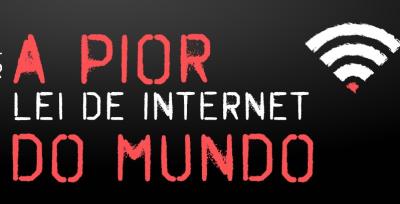
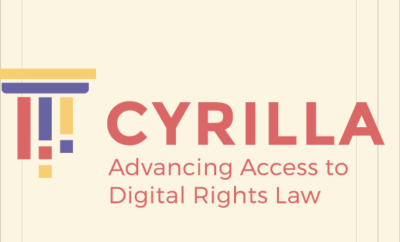
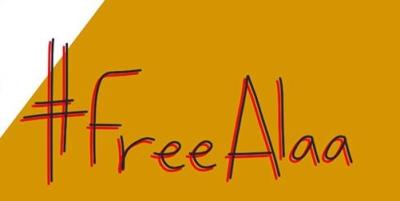
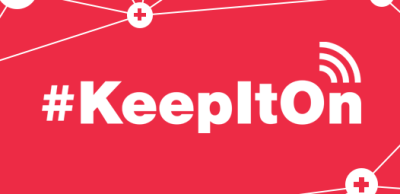


![Image by Sharon Brogan used under Creative Commons license [https://flic.kr/p/ecoPsp].](/sites/default/files/styles/variable_height/public/8661571543_14810ef613_o.jpg?itok=zCRBmAO4)